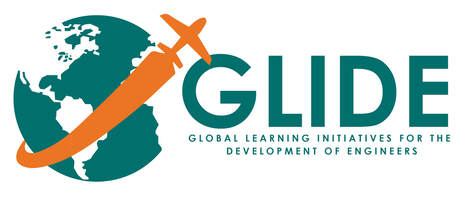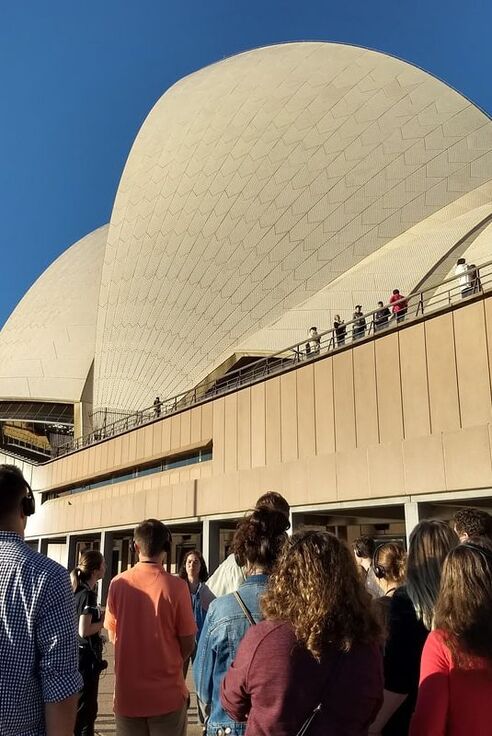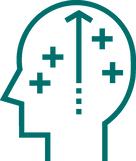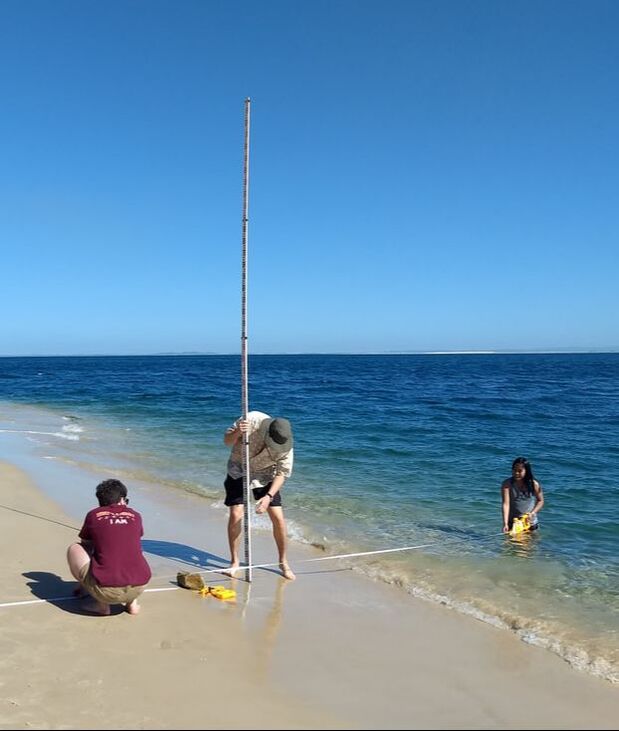The GLIDE research group studies ways to prepare engineering students for success in identifying and solving real engineering problems in real work environments.
|
Within this broader goal, our work falls into three categories:
|
Read more about current projects and publications in each category below.
Global Engineering Programs |
We explore the intentional design and assessment of global engineering programs, a term we use to include study abroad as well as experiences that don't require travel, such as in-class activities and global virtual team projects. Our projects study student learning in international, local, and virtual global experiences as well as program design factors that can impact student experiences and learning outcomes. We also consider what types of learning outcomes can be achieved through these experiences and different approaches to assess those outcomes.
Select Publications
Related Research Grants
|
Experiential Learning Opportunities
|
We seek to understand student learning through experiential learning opportunities, such as undergraduate research, internships, and study abroad. These experiences can help students apply their engineering knowledge and skills in a setting that is more realistic to what they will experience once they join the workforce. Much of our work in this area so far has focused on undergraduate research experiences, particularly NSF-funded international research experience for students (IRES) programs.
Select Publications
Related Research Grants
|
Developing Systems Thinking |
We develop and study innovative methods for teaching and assessing systems thinking skills in engineering programs, including exploring interdisciplinary pedagogical approaches. One current study focuses on how integrating humanities approaches into engineering may support systems thinking skills. As part of this project, we have also explored different scenario-based methods for assessing systems thinking. We are also interested in how systems thinking can support student preparation for work in application areas such as cybersecurity and semiconductors.
Select Publications
Related Research Grants
|
|
Why study these topics?
|
These research interests are founded in Dr. Davis's industry work experience and observations of the disconnect between what is taught in the engineering classroom and what happens in the engineering workplace. Engineering programs typically focus on closed-ended math and science problems when real engineering problems are open-ended, housed within complex systems, and involve working with people from different backgrounds.
The GLIDE research group addresses this disconnect by exploring educational experiences that better align with the realities of engineering work and identifying methods for teaching and assessing professional skills that will prepare engineering students to succeed in the work environment. |






